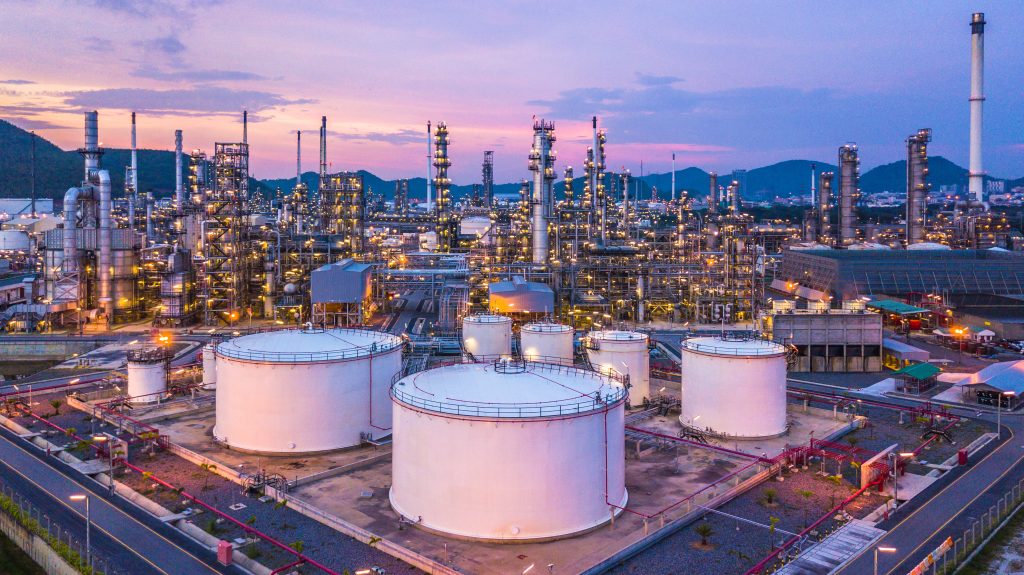The Kingdom of Saudi Arabia has announced a considerable reduction in the cost of its premier Arab Light crude oil for its Asian clientele, marking the lowest price point in over two years due to increased competition from other oil producers and concerns about lingering supply excess.
State-owned energy giant Saudi Aramco has decreased the official selling price (OSP) for Arab Light crude scheduled for February delivery by $2 per barrel from January, setting it at $1.50 above the Oman/Dubai average. This price adjustment represents the most significant reduction in 13 months and aligns with industry projections, as refiners have been advocating for more competitive pricing in comparison with other Middle Eastern oil offerings and those from the Atlantic Basin.
“Saudi crude is still relatively more expensive compared to other regional crude. But we are happy enough to see such prices, making it much more affordable for us,” remarked a trader from a North Asian refinery.
The physical oil market in Asia has shown signs of softening over the past month, influenced by anticipation of reduced supply constraints and dimmer demand forecasts. This is partly due to several Asian refineries planning maintenance shutdowns during the spring months.
Despite OPEC+, the group of oil-producing nations, implementing a cumulative voluntary production cut of 2.2 million barrels per day, there is skepticism among market observers regarding the sufficiency of these measures to curb the accumulation of global oil inventories or to encourage a price rally before the second quarter of 2024.
In addition to Arab Light, Saudi Aramco has also trimmed the prices for other grades of crude oil destined for Asia by $2 per barrel for February, as indicated by the company’s statement.
Regarding other markets, Saudi Aramco has adjusted its February OSP for Arab Light crude delivered to northwest Europe, marking a $2 reduction per barrel to a rate of $0.90 above ICE Brent. For the United States, the OSP for Arab Light has been lowered by $2 per barrel, bringing it to $5.15 against the ASCI benchmark for February.
